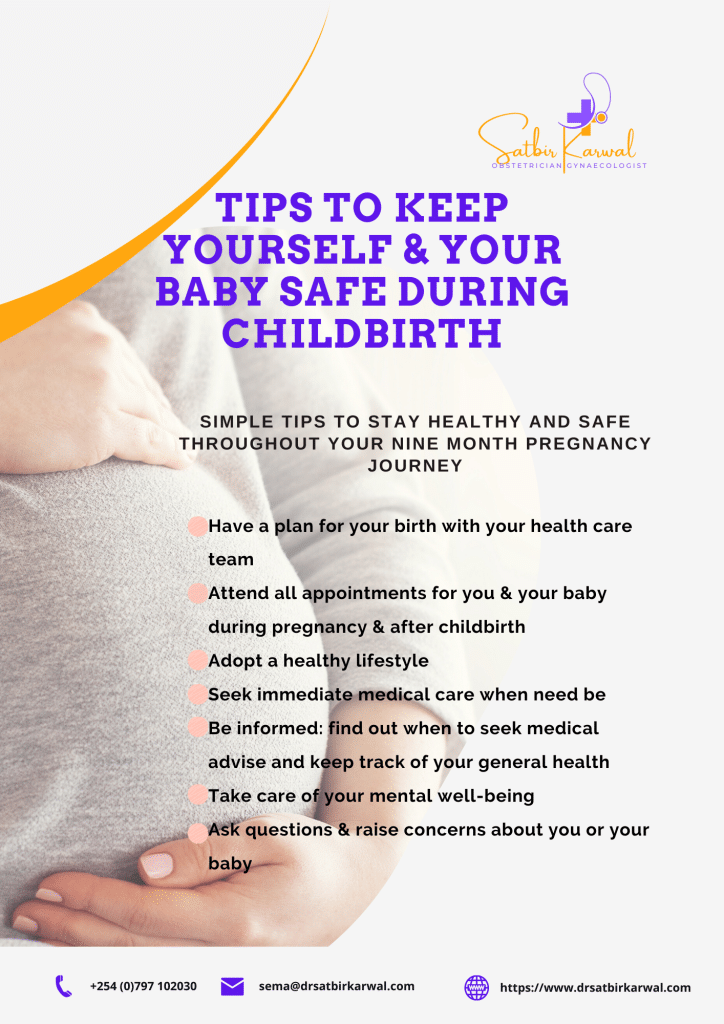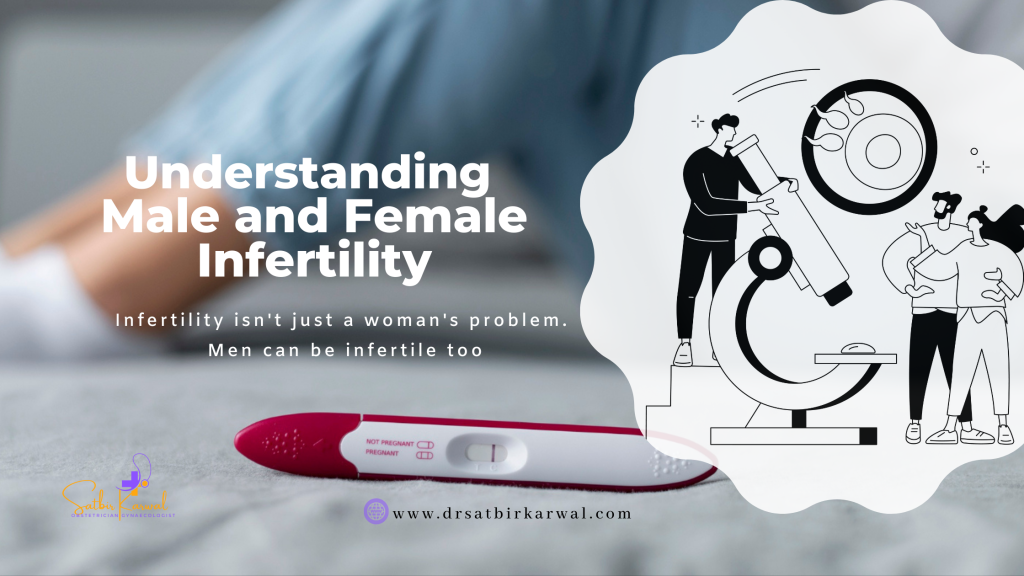It’s important to take care of your baby, even before he or she is born. The key to protecting your health and that of your child is to get regular prenatal care. As soon as you think you are pregnant, call your health care provider to schedule your first prenatal appointment.
Your health care provider will; start by reviewing your medical history as well as ask more about your symptoms.
What happens in your first appointment?
Urine and blood samples will be taken. (These will also be taken again on later visits.) Urine tests check for bacteria, high sugar levels (which can be a sign of diabetes), and high protein levels (which can be a sign for preeclampsia, a type of high blood pressure during pregnancy). Blood tests check for blood cell count, blood type, low iron levels (anemia) and infectious diseases (such as syphilis, HIV, and hepatitis).
The doctor may also do other tests at your first visit. (These vary depending on your medical history and symptoms). Additional tests can include:
- A pelvic exam to check the size and shape of your uterus (womb).
- A Pap smear to screen for cervical cancer.
- An ultrasound to view your baby’s growth and position.
After your first visit, you will have a prenatal visit every 4 weeks. In months 7 and 8, you will have a visit every 2 weeks. In your last month of pregnancy, the visits will occur weekly until you deliver your baby. At each visit, the doctor will check your weight and blood pressure and test your urine. The doctor will listen to your baby’s heartbeat and measure the height of your uterus after the 20th week. You should always discuss any issues or concerns you have with your doctor.
Ensure to see your doctor if you have:
- Blood or fluid coming from your vagina.
- Sudden or extreme swelling of your face or fingers.
- Headaches that are severe or won’t go away.
- Nausea and vomiting that won’t go away.
- Dizziness.
- Dim or blurry vision.
- Severe pain or cramps in your lower abdomen.
- Chills or fever.
- A change in your baby’s movements.
- Less urine or burning when you urinate.
- An illness or infection.
- Any other symptoms that bother you.
Questions to ask your doctor
- What medicines can I take during pregnancy?
- When should I start taking a prenatal vitamin? What kind is best?
- How much folic acid do I need to take each day?
- How can I prevent or reduce swelling?
- How much weight should I gain while pregnant?






